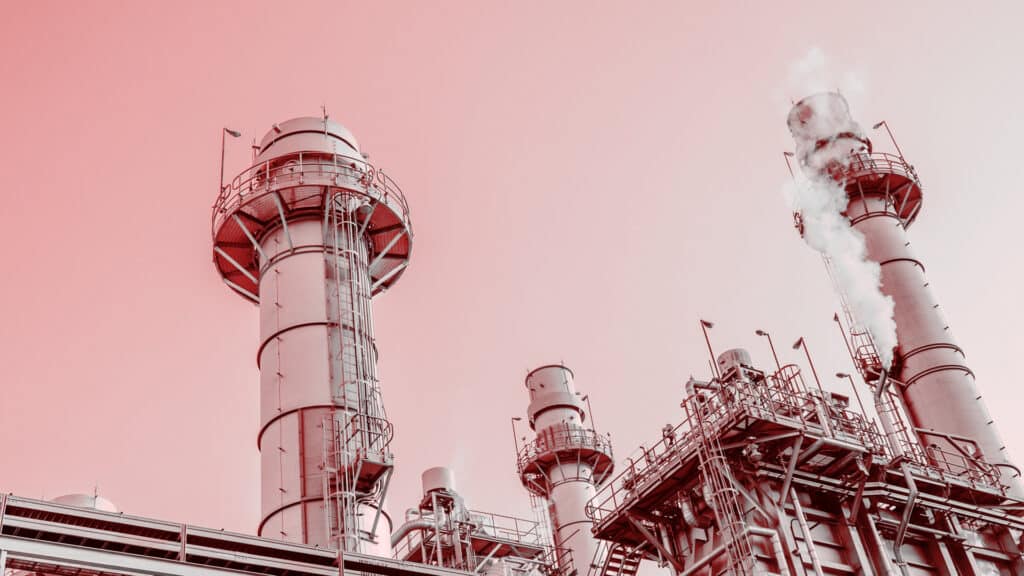Karachaganak gas plant: Kazakhstan rejects Eni and Shell’s terms

Kazakhstan’s Ministry of Energy announced that plans to build a gas processing plant (GPP) at the Karachaganak field have been shelved after talks with foreign investors collapsed over financial terms. The government declined conditions proposed by the consortium, led by Eni and Shell, which included a demand for an additional $1 billion on top of construction costs, according to Kazinform.
«Extensive negotiations have been held for two years on the Karachaganak GPP project, which was designed with a capacity of 4 billion cubic meters of gas per year. Kazakhstan provided comprehensive support for the project but ultimately deemed the shareholders’ terms economically unacceptable,» the ministry said in a statement. «Among the terms was a request for $1 billion beyond 100% reimbursement of construction costs.»
Investors argued that the plant would not break even within three to four years, given that the current production sharing agreement (PSA) with Kazakhstan is set to expire in 2033. The Ministry of Energy also suggested that the consortium used the project as leverage in an ongoing arbitration dispute.
«Additionally, the shareholders insisted that the arbitration case currently under review by an independent tribunal be dropped entirely,» the ministry said. «In this context, negotiations on the Karachaganak GPP —previously initiated as part of the final PSA — have concluded. However, the potential development of the Karachaganak field’s gas reserves remains under consideration.»
Kazakhstan is now exploring the possibility of building the GPP with new partners, potentially through its national oil and gas company KazMunayGas (KMG).
In late May, Bloomberg reported that the international consortium had proposed raising the GPP’s estimated development cost to $6 billion. Moreover, the group reportedly requested Kazakhstan cover $1 billion in extra expenses to ensure the project’s commercial viability.
Karachaganak holds an estimated 1.2 billion tons of oil and 1.35 trillion cubic meters of natural gas. The field is being developed under a 40-year PSA signed in 1997 by an international consortium that includes Shell (29.25%), Eni (29.25%), U.S.-based Chevron (18%), Russia’s Lukoil (13.5%) and Kazakhstan’s state-owned KMG (10%).

